Hungary has recently made several gestures towards Ukraine. The most important one was that Hungarian President Katalin Novak signed the letter of acceptance of the Ukrainian ambassador-designate, Sandor Fegyir. In doing so, she disproved the left-wing media's accusations that the Hungarian president had kept the diplomat, who is partly of Hungarian descent, waiting in order to "teach the unfriendly leadership in Kiev a lesson.” In this context, it is worth comparing how long Hungarian ambassadors have had to wait in similar situations in the past: in the latest cases, it was six to eight months, security expert Attila Demko recalled. Moreover, the Hungarian head of state is due to visit Ukraine again soon.
She is slated to visit Transcarpathia and then attend the next meeting of the Crimean Platform on 23 August at the invitation of Volodymyr Zelensky.
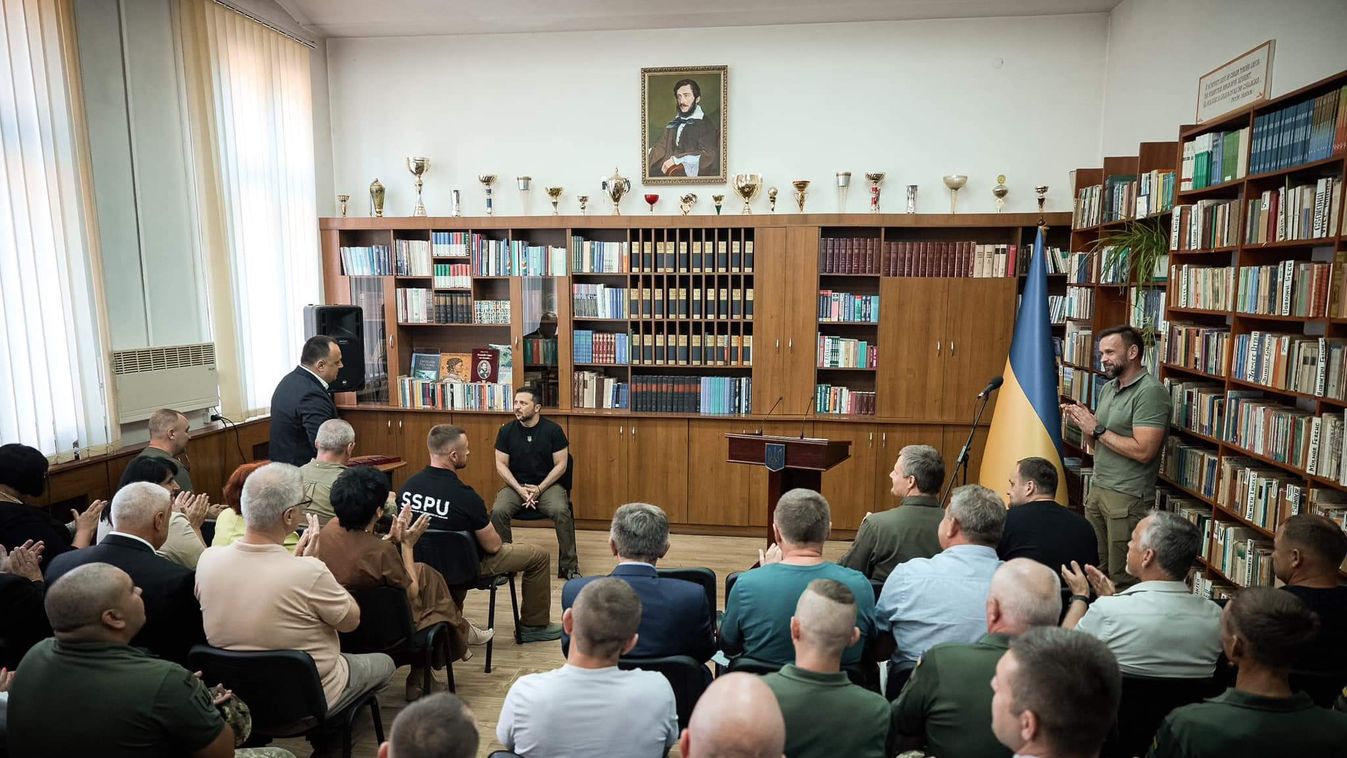
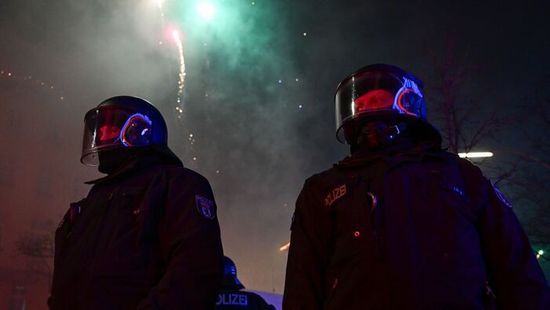
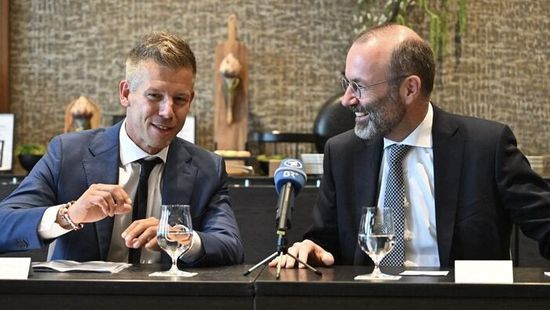
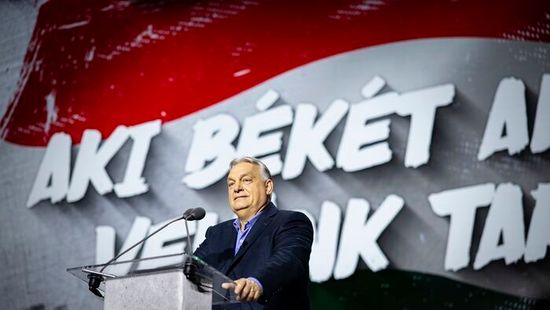
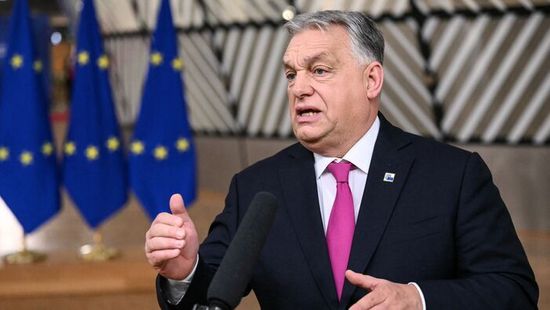

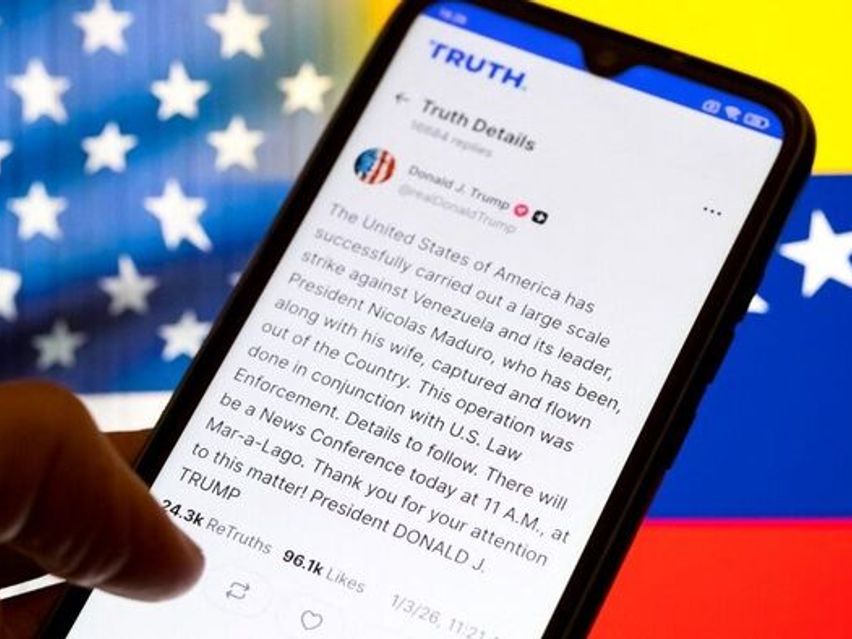
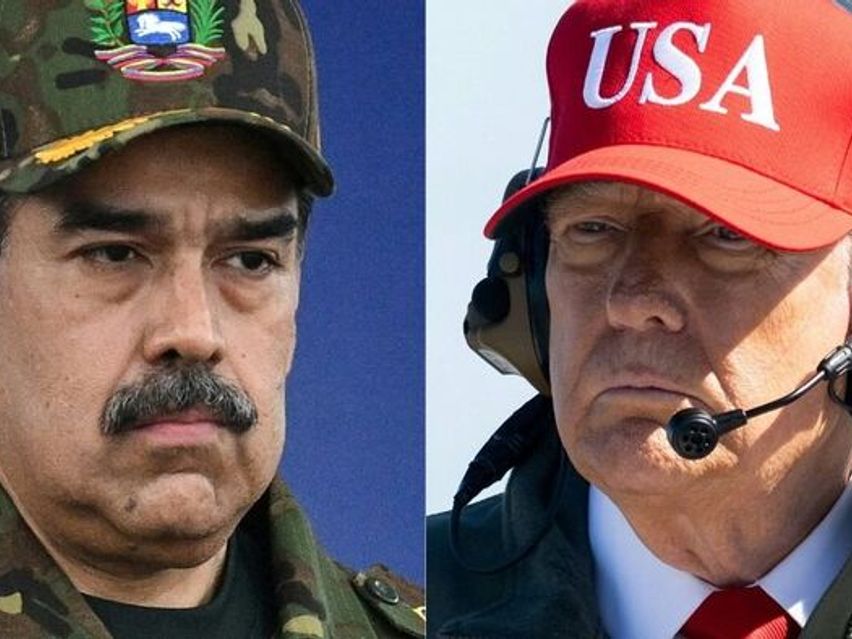
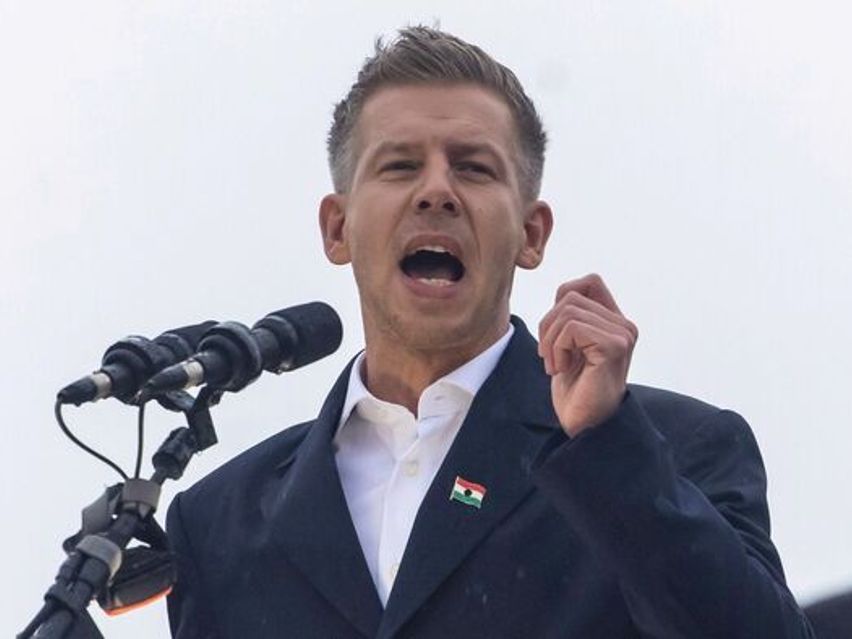
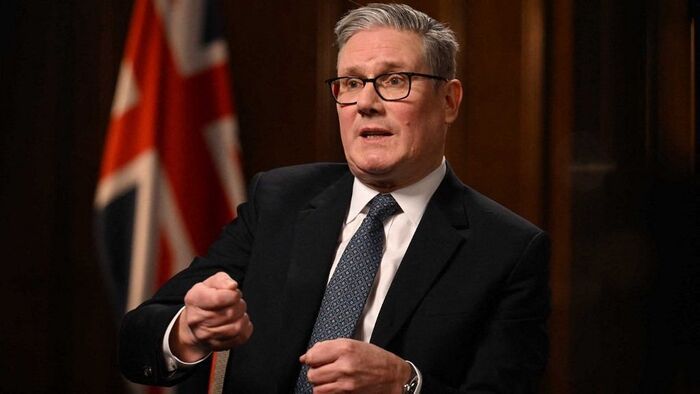

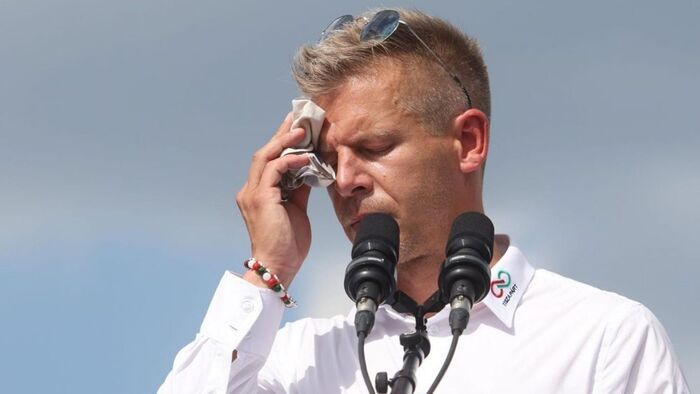
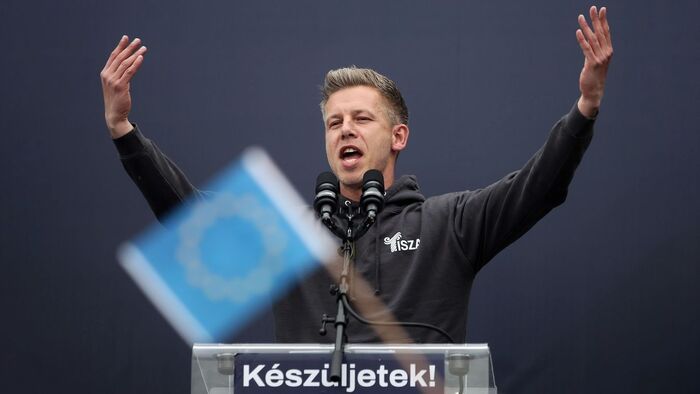
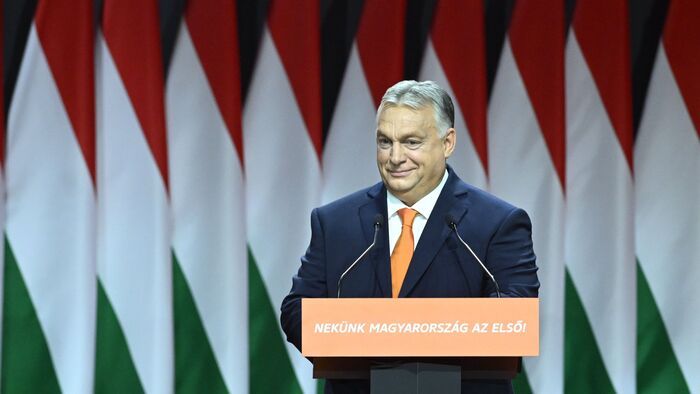
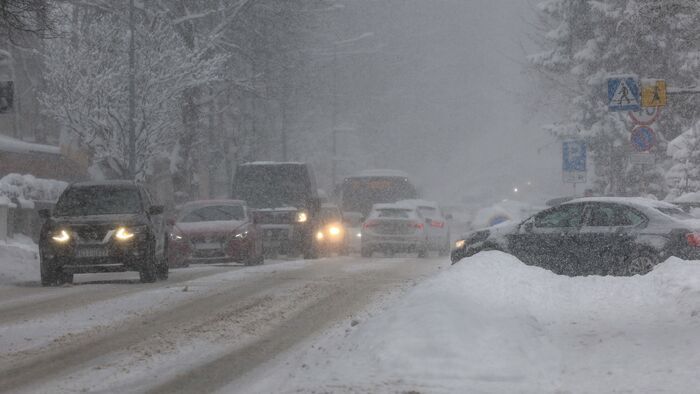
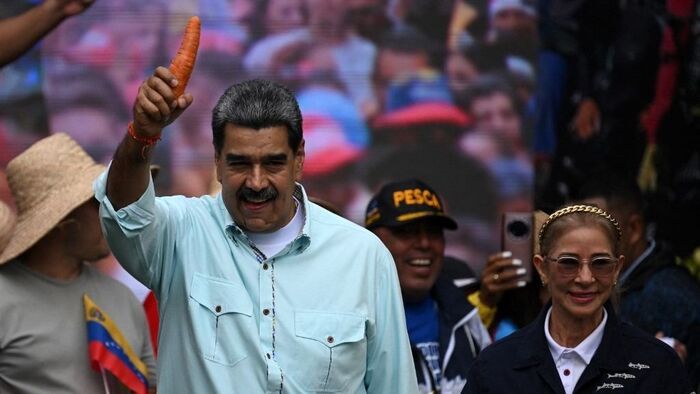
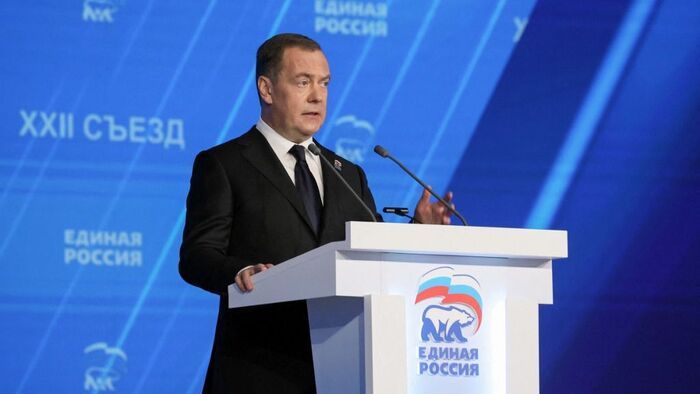
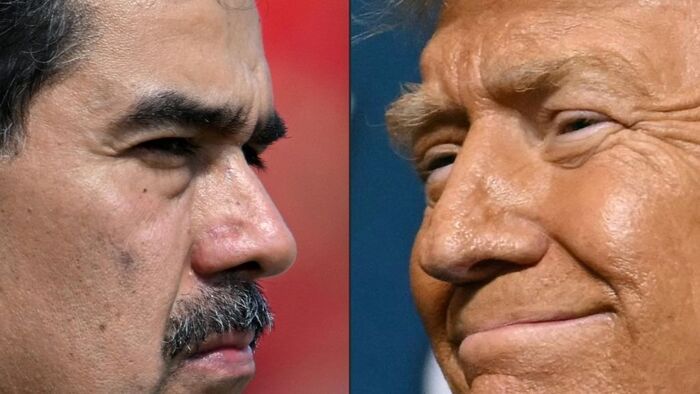

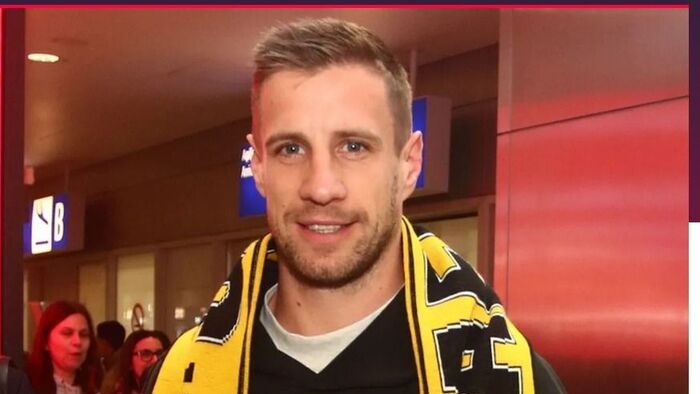
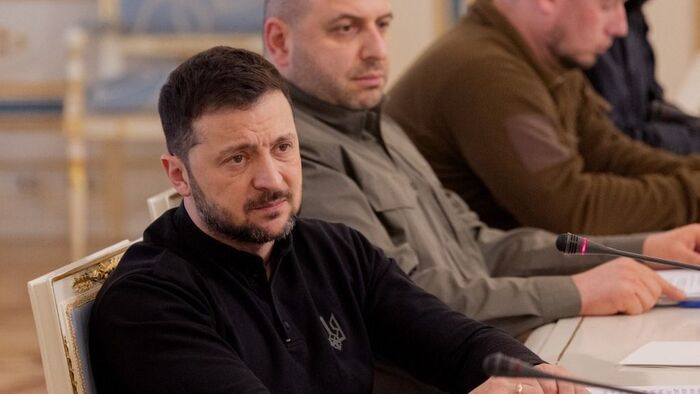
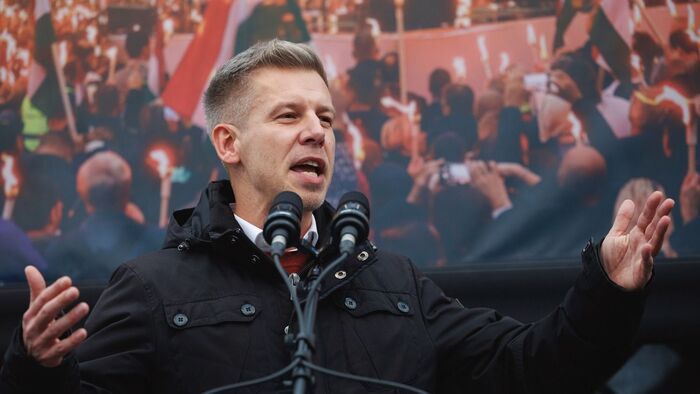

Szóljon hozzá!
Jelenleg csak a hozzászólások egy kis részét látja. Hozzászóláshoz és a további kommentek megtekintéséhez lépjen be, vagy regisztráljon!